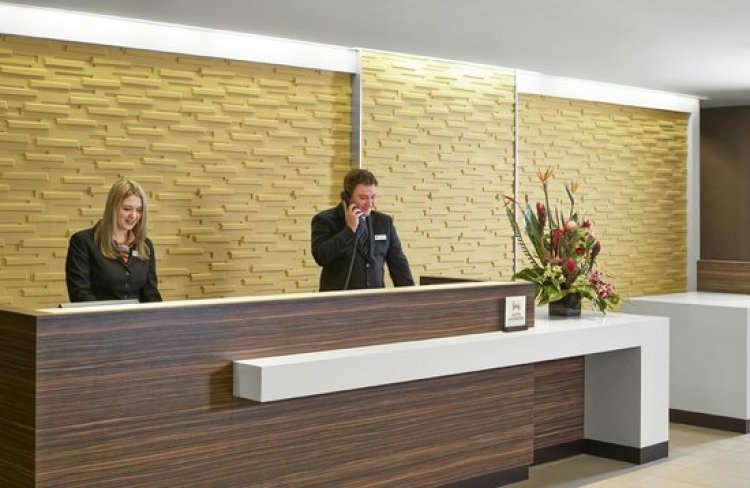Great Innovation Leaders Mine Freedom
Chip R. Bell

Great innovative service leaders view freedom as a crucial characteristic to cultivate ingenuity and creativity. Consider three of the most innovative service cultures—Zappos, Nordstrom and Ritz-Carlton Hotels—and you will discover each is a wellspring of employee freedom. One of Zappos’ core values is “create fun and a little weirdness.” Nordstrom tells employees their only rule: “Use your good judgment in all situations.” And, a core Ritz-Carlton Hotel value is: “I am empowered to create unique, memorable and personal experiences for our guests.” Nurturing freedom is a lot like mining.
Mining, the old fashioned way, involved picks, shovels, and a means of getting extracted dirt and rock out of the mineshaft. Miners knew what they were looking for—gold, precious gems, whatever—and smart ones knew the territory likely to yield the object of their pursuit. The treasure was already there; mining involved removing the barriers that separated miner from mother lode.
Great innovative service leaders also know that, just like mining, freedom is already present in the employee. It is not something to be added; it is something to be extracted or released. And, the role of the leader is to remove the barriers preventing employees from using their freedom. We sometimes mistakenly use the word “empower” like we mistakenly use the word “motivate.” Leaders don’t motivate; they create conditions for self-motivation. The same is true for empowerment. Two key barriers to freedom include limiting myths and irrational rules.
Limiting myths are often started by old, but now irrelevant, truths. Elephants can be constrained at the circus with a small rope they could easily break. However, those same ropes that restrained elephants as babies created a belief that remained a mythical restriction the rest of their lives. Smart leaders challenge myths and encourage employees to confront limiting beliefs. There are countless self-fulfilling stories of teachers told their class were comprised of carefully chosen gifted students (or slow learners) but were in reality students randomly selected. The belief of the teacher had a traumatic impact on the success (or failure) of the students. Great leaders set high expectations and communicate game-changing beliefs.
Irrational rules can also stop innovative service performance. When frontline employees refuse to deliver the service the customer desires and state as their rationale, “we are not allowed to…” or “my boss won’t let me” it is likely grounded in an irrational rule.
I was among a group of bank customers standing in the rain at 8:55 am in front of the branch. All the bank personnel were in position inside waiting for the doors to be unlocked at 9am. Once inside, I asked the reception why not open a few minutes early? I got the “bank hours” rule. So, I asked the branch manager if there was a legal or security reason for waiting. He said, “No, but we open at 9am.” The best service providing organizations harbor the bias of “The answer is ‘yes,’ what is the question?” Giving employees a rule is often far easier than giving them the license to use their good judgment.
Freedom has always been a sticky subject with leaders eager to sanitize, homogenize, and routinize. But the very essence of innovative service is the pursuit of unique (not standard), creative (not patterned), and novel (not samo-samo). Proper employee selection, training, coaching, and a balanced focus on stewardship as well as service are all important leadership components. What separates innovative service providers from the also ran’s are leaders’ faith in employees and their efforts to clear away the barriers that are covering up the gold.
 Chip R. Bell is a renowned keynote speaker and the author of several best-selling books. His newest book is The 9½ Principles of Innovative Service (www.simpletruths.com). He can be reached at www.chipbell.com.
Chip R. Bell is a renowned keynote speaker and the author of several best-selling books. His newest book is The 9½ Principles of Innovative Service (www.simpletruths.com). He can be reached at www.chipbell.com.

















